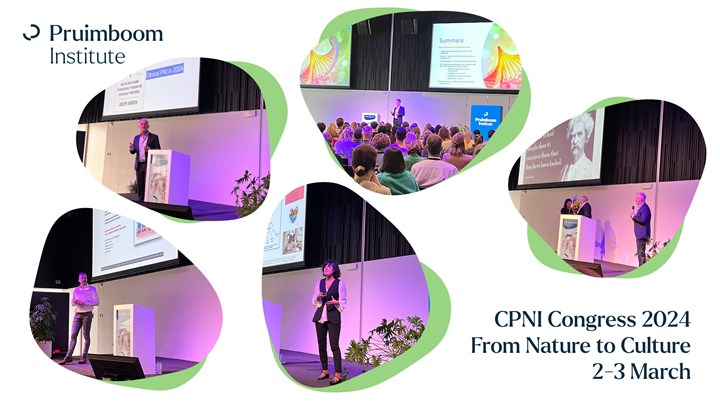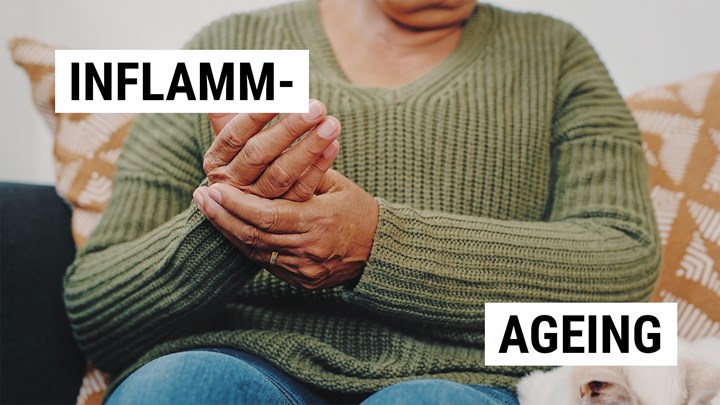Content Sections
Healthcare systems worldwide have their backs against the wall. The two main bottle necks are lack of money and lack of sufficient healthcare staff. But the problems manifest financially. They are magnified dramatically by the lack of effective disease prevention, the lack of effectiveness in treating chronic diseases and the cost of drugs and surgery. The biggest costs are people, buildings and drugs.
It’s no wonder governments are now suggesting that people take more responsibility for their health. But what if we succeed in managing our health better than our present government-sanctioned healthcare providers have managed? Lots of data would suggest this is quite feasible and many of us have first and second experience of this – despite this kind of anecdotal evidence being viewed as worthless by governments and the mainstream medical establishment.
One of the main outcomes of managing our health better, using dietary lifestyle and other approaches that befit what is, somewhat ironically, often thought of as non-conventional healthcare or medicine, is that we will live longer, with a greater quality of life. Sounds great, no? Except that it’s just not sustainable. Well, that’s the catch-cry of politicians, economists, pension fund owners, social care providers and others who deem themselves responsible for handling the increasingly top-heavy age structure of our society.
But just how worried should we be about our future — and should we feel selfish if we try our damndest to live as healthy a life as we can so we might eke out a few more years on this planet of ours?
As is so often the case in life, it isn’t that simple. First of all, the latest Eurostat statistics show only a marginal increase in life expectancy for Europeans over the last decade or so. And this is mainly down to massive reductions in infant mortalities. In the 15 years between 1994 and 2009, infant mortality rates across the EU’s 27 Member States were almost halved. What’s much more unsustainable than our lifespan, is the rate by which so many are becoming diseased and incapacitated. Heart disease and diabetes, two of the biggest burdens on healthcare systems, especially in the West, are afflicting people at ever younger ages as the effects of a years of inappropriate diets and lifestyles start to catch up with them.
Money, money money
It costs money — a great deal of money — to keep people alive. And in general terms, the longer we live, the more it costs. But actually, in there lies another paradox. While there is a general tendency to see populations in which more money is spent on healthcare living longer, this is by no means always the case. America spends the most on healthcare by a golden mile, with an annual spend of over US$7,000 per person. For this investment, the average American gets to live about 78 years. That’s exactly the same life expectancy as the average Chilean, yet the Chileans spend around one-seventh of the amount spent on healthcare by Americans.
Brits spend about half of what their cousins spend across the ‘pond’, and get to live over a year longer on average. But the really interesting figure comes from Japan. With a modest spend of less than half of that of America’s healthcare budget, at US$3,000 per person, the Japanese have the longest life expectancy of nearly 83 years. And experts are agreed that’s not down to either drugs or surgery, or even clever, early diagnostic methods. It’s mainly down to the quality and type of food and drink the Japanese put into their mouths during the course of their lives.
So what can we learn from this? And how justified are the concerns about the cost of dealing with elderly, infirm and incapacitated populations? And how will the pension funds cope? And could we soon have a society in which there is no longer enough healthy people to maintain a productive workforce?
Quality not quantity is the issue
Our real problem is not our life expectancy. It’s much more about the quality of the lives we lead and the fact that chronic disease of one form or another, born largely out of bad diets, inadequate physical activity and inappropriate lifestyles, now afflicts over 50% of the over-50s in most Western countries. And that’s very costly, both because of the direct cost of managing a diseased population, but also, indirectly, because such people can’t contribute to society’s productivity. Healthy people aren’t a burden on society, especially if they can continue working and paying their taxes.
Adding to this, there is another disturbing trend: Not only are people living fewer healthy life years, they are also becoming less fertile. If an increasing proportion of our society is sick, so sick in fact that it can no longer replace itself, you have the recipe for disaster — at least for humans.
Obesity marches on
In Europe, we’ve been witness to the spectacular failure of the EU’s 5-year “Strategy on Nutrition, Overweight and Obesity-related Health Issues” between 2007-2012. Lots of top-down policy did nothing to affect the continuing rampage of overweight and obesity that now affects over 30% of the adult population of the EU. Some of the policy has even been counter-productive — such as the dreaded EU Nutrition and Health Claims Regulation that’s been working to strip incredibly important information from the commercial vocabulary of healthy foods and supplements that have offered informed choice to Europe’s half a billion consumers. No consumer is now able to legally glean information from a coenzyme Q10 manufacturer about the nutrient’s remarkable benefits in countering heart disease and supporting energy metabolism. Nor will the young be persuaded to take curcumin or resveratrol, despite the fact their hollow calories and increasingly simplified diets are screaming out for functional ingredients like these.
Taking back control of our own destiny
There’s no doubt that we continue to move into a murky world in which a few are given unprecedented powers to control us. But what they can never do is stop the desire of an ever-growing sector of the population from achieving levels of health and vitality that the policy-makers can only dream about. We can choose to support locally-sourced organic agriculture by opting for a box scheme rather than buying our food at the out-of-town hypermarket. We can teach our children about diets that go well beyond the deficient recommendations of government guidelines. Kids instinctively understand why eating a rainbow every day beats piling in all those starchy carbohydrates. And who can stop us being resourceful in how we source natural health supplements or who we choose to guide us, where such guidance is needed. Some may find that their needs are served by an open-minded GP who’s recognised the deficiency of the NICE guidelines that place so many family doctors in a straight-jacket. Others will be more drawn to the complementary or alternative practitioner who’s already helped a cluster of friends or family members get through conditions that were previously unable to be corrected by the efforts of the medical orthodoxy.
The human survival instinct is one of the most powerful instincts with which we are blessed — and a good many of us are not going to let a bunch of faceless, grey, unelected bureaucrats control our lives. Especially not, given we’re actually going to make some of their lives a good deal easier in the long-run!
More information
- Check out Bite the Sun. Follow your pathway to the sun under Food, Activity and Rest ‘rays of sun’ tabs.
- ANH Food4Health campaign
- ANH Health Choice campaign








Comments
your voice counts
There are currently no comments on this post.
Your voice counts
We welcome your comments and are very interested in your point of view, but we ask that you keep them relevant to the article, that they be civil and without commercial links. All comments are moderated prior to being published. We reserve the right to edit or not publish comments that we consider abusive or offensive.
There is extra content here from a third party provider. You will be unable to see this content unless you agree to allow Content Cookies. Cookie Preferences